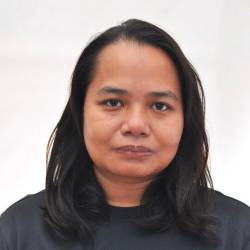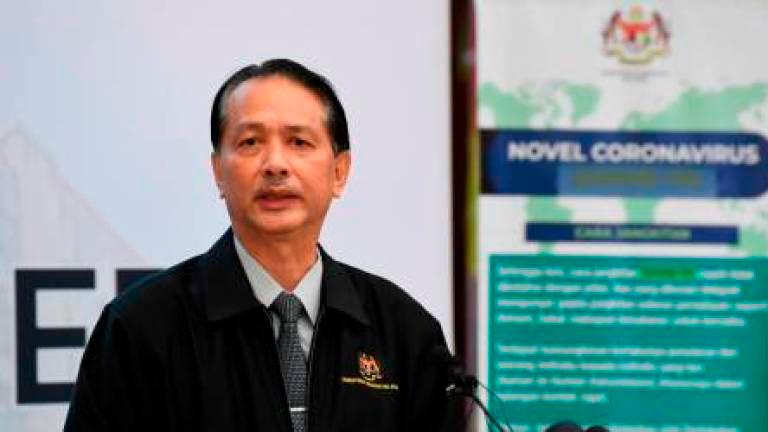PETALING JAYA: All it took was one infected man to break quarantine in Kedah, and the country’s progress so far in the Covid-19 war may have not only been reversed, but lost.
Health Director-General Datuk Seri Dr Noor Hisham Abdullah (pix) said the man could have unwittingly brought home a new strain of the coronavirus – dubbed the “super spreader” – when he returned to Malaysia on July 13.
Two variations of the strain originated in Egypt and Pakistan, with Egypt having already recorded close to 100,000 infections and almost 5,000 fatalities, while Pakistan has had almost 300,000 infections and just over 6,000 fatalities.
According to a June 5 article on theconversation.com, in the early weeks of the pandemic, health authorities in Wuhan, China, had identified a patient who infected 14 health workers, qualifying him as super spreader.
According to researchers, a super spreader can accelerate the rate of new infections substantially to expand the geographical distribution of the disease.
There have been many other super spreading “events”. One was from a dormitory for migrant workers in Singapore that was linked to almost 800 cases. In Japan, 80 people were said to have been infected while they were at “live” music venues in Osaka.
In the Kedah case, the man had returned from Sivagangga in India. The 57-year-old nasi kandar restaurant owner, who is a permanent resident here, had tested negative for Covid-19 on his return but was nonetheless directed to undergo self-quarantine.
However, a subsequent screening on July 28 returned a positive result. He was then found to have violated the home surveillance order to visit his restaurant.
By then, he had infected several members of his family as well as his workers at the restaurant.
Noor Hisham said a thorough test will now have to be conducted.
“This entails culturing the coronavirus in a laboratory to see its genome sequence,” he told a news conference yesterday.
He said the Sivagangga cluster in Kedah has a much faster rate of transmission than the nine other clusters in the country.
He added that a total of 2,351 individuals, who live in the Hosba Valley where the cluster originated, have been screened and 30 tested positive. Another 1,617 individuals tested negative while the remaining 704 are still waiting for their results.
All residents in four sub-districts in the Hosba Valley have been ordered to remain indoors.
Meanwhile, the infection has spread to Kulim and Perlis.
Earlier, Noor Hisham announced that 15 new cases of Covid-19 have been recorded as of noon yesterday. This brings the national total to 9,038. There were no fatalities recorded, with the death toll remaining at 125.
Of the 15 new cases, five were imported, involving three Malaysians and two foreigners who returned from abroad.
Of the remaining 10 patients who had been infected locally, eight are Malaysians and two are foreigners.
“Six of the local transmissions are linked to the Sivagangga cluster in Kedah,” Noor Hisham said.
Of the other four cases, two are in Negri Sembilan and one each from Kuala Lumpur and Labuan.
The number of active cases has now risen to 200. Two of the patients are being treated in intensive care, with one requiring a ventilator.
Noor Hisham said 11 more patients have recovered and were discharged from hospital yesterday, bringing the total number of recovered patients to 8,713, accounting for 96.4% of the total number of cases.














